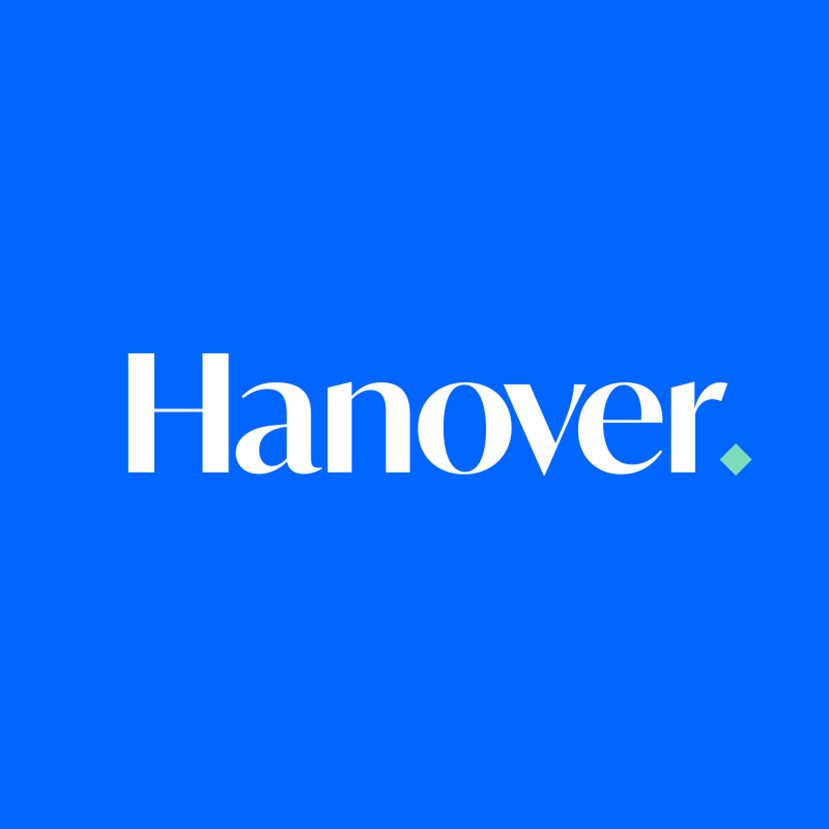How has talent acquisition technology driven the world of recruitment and professional search?


Sign up to receive the latest insights
Technology
has revolutionized the approach to talent acquisition, transforming the
landscape of recruitment and executive
search.
Gone
are the days when job fairs and paper resumes dominated the industry. Today,
talent acquisition technology leads the charge, driving progress and shaping
futures.
Continue
reading to explore the many ways in which technology has influenced and
redefined (and will continue to redefine) the talent acquisition process, how
it has affected professional search across industries and talent acquisition
trends to look out for.
The evolution of professional search and talent acquisition technology
Recruitment
was once a linear and less dynamic space, where the bridges connecting talent
to organizations were print ads, cold calls and job boards.
Fast-forward
to today, and talent acquisition technology has propelled us into a more
efficient and precise world. The journey from traditional methods to the
current state of high-tech professional search has been driven in large part by
digital innovation.
What are the traditional recruitment limitations?
Traditional
recruitment is synonymous with posting vacancies on company websites or job
boards. These methods, while still in use, have significant constraints:
- Access to talent is limited by the reach of the platforms used
- Conscious and unconscious biases can skew hiring decisions, affecting diversity
- Brand recognition plays a crucial role, often favoring established organizations
- Passive candidate sourcing lacks the effectiveness it once had
- The emphasis is often skewed towards skills, leaving out the important behavioral aspects a candidate brings to a role
What is the current landscape of talent acquisition technology?
When
we talk about talent acquisition technology today, we’re talking about the
innovative tools and platforms that can help to streamline and enhance the
recruitment process - and these tools are hugely impacting
talent acquisition trends.
A
prime example of this is the Applicant
Tracking System (ATS),
which has become a tech staple in HR teams and recruitment agencies - a
reported 90% of
Fortune 500 companies use an ATS.
An
ATS can manage recruitment needs at scale while ensuring that candidates are
moved through the hiring funnel efficiently. It automates the initial stages of
screening, parsing through resumes to identify those that best match the job
criteria, significantly reducing manual workload and minimizing the risk of
human error.
Beyond
ATS, automation technologies like Robotic Process Automation
(RPA) improve operational efficiencies within talent
acquisition. RPA tools are designed to handle repetitive, rule-based tasks such
as scheduling interviews and updating candidate records. RPA frees up time for
hiring managers to spend on the more strategic and human-centric aspects of
their role.
The
use of data analytics in professional search has also taken a giant step
forward. Recruitment strategies can now be driven by deep, analytical insights,
enabling firms to predict hiring needs, understand talent acquisition trends
and measure the effectiveness of their recruiting strategies. It also allows
for more nuanced understandings of where top talent can be found and how best
to engage with potential candidates.
The
integration of remote interviewing technology has been accelerated by
global shifts toward remote work, changing the geographic scope of talent
pools. Video interviewing platforms have made it possible for companies to
connect with candidates anywhere in the world, breaking down previous barriers
and opening up a wealth of opportunities to find the best talent regardless of
location.
And
of course, this section wouldn’t be complete without mentioning artificial
intelligence (AI). Unlike RPA, AI is suited for intelligent tasks. It's being
used to:
- Engage with candidates through chatbots that provide real-time communication
- Assess a candidate’s responses beyond what’s spoken with AI-enabled interview intelligence
- Help identify individuals who might not be actively seeking new roles but would be open to the right opportunity using sophisticated algorithms
- Personalize the candidate journey
- Go beyond keyword matching to understand the context and potential of each candidate’s experience and skills with AI-driven candidate sourcing
This
rise of technology in recruiting strategies has had a knock-on effect: hiring a
Chief Technology Officer has become key for many
organizations.
What does this mean for candidates?
Talent
acquisition technology is a double-edged sword for candidates. While it
introduces numerous benefits, it also poses potential risks.
Benefits of talent acquisition technology for candidates
Talent
acquisition technology can enhance candidates’ overall
experience and efficiency of the job search process.
With
ATS, for example, candidates can expect a smoother application process, and
automation tools ensure that communication is consistent and informative,
reducing the uncertainty that sometimes accompanies job applications.
As
hiring managers use more data-driven strategies, candidates are also more
likely to be matched with positions that suit their skills and aspirations.
This increases the likelihood of a good fit for both employer and employee,
leading to more satisfying job placements.
AI
technologies, with their intelligent screening and matching capabilities, offer
other benefits. AI can highlight a candidate's full spectrum of abilities,
including soft skills and cultural fit, which might otherwise be overlooked in
a traditional screening process. For example, AI-enabled
interview intelligence can offer a more nuanced
assessment of a candidate’s suitability by analyzing both their verbal
responses and their non-verbal cues.
What are the risks for candidates?
Despite
these benefits, there are some risks. One primary concern is the over-reliance
on algorithms and automated screening processes. There's the possibility that a
candidate’s CV may be overlooked due to the absence of specific keywords or
formatting that the ATS is programmed to detect, leading to qualified
individuals being screened out.
Another
risk is the dehumanization of the recruitment process. While tools like AI and
automation improve efficiency, they can also make the process feel impersonal.
The lack of human interaction until late in the hiring process can be
off-putting for some candidates, who might feel like just a number in the
system.
While
we talk about human bias, there’s also an inherent risk of bias in AI - after
all, it’s been created by humans, so the algorithms are only as unbiased as the
data they are trained on. If the underlying data reflects historical biases,
the AI may perpetuate them, leading to discrimination in the hiring process.
Are there possibilities for more talent acquisition data?
Data
is the currency of modern recruiting strategies, and monitoring
key metrics, such as candidate experience
and channel effectiveness, is pivotal to refining your recruitment process. The
influx of technology can help propel professional search forward, redefining
and refining talent acquisition strategies.
With
so many new technologies in play, there are going to be increasing amounts of
data at your fingertips - the next step is to use it most effectively.
Applying innovative technology to drive professional search results
The
impact of technology on professional search is far-reaching, and offers a range
of opportunities and challenges. As we embrace these advancements, we also need
to recognize how technology is shaping the future of recruiting strategies.
Hanover
is at the forefront of this transformation, using talent acquisition technology
to manage our executive search service. Our bespoke approach combines the
latest in recruitment technology with the depth of human insight.
Contact us today to explore
how Hanover's executive search services can revolutionize your talent strategy
and help you source the right senior talent for your organization.



